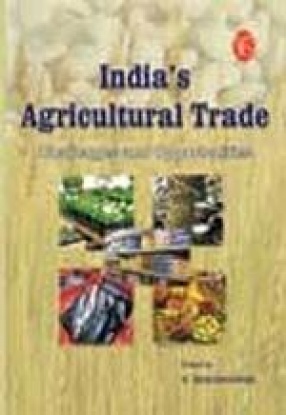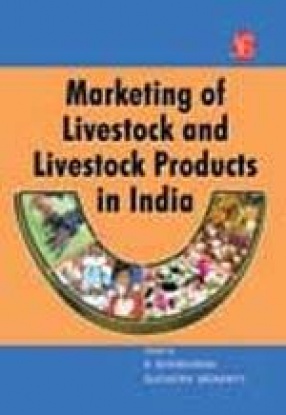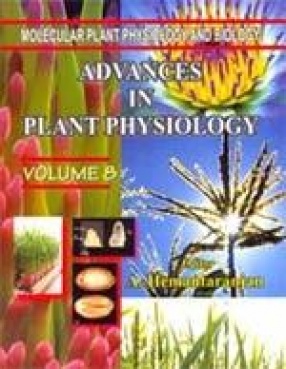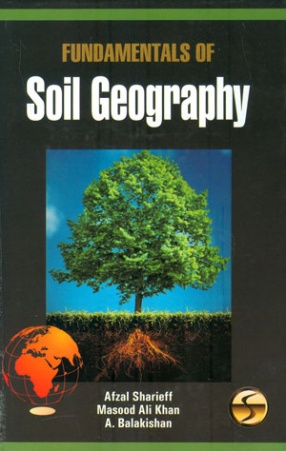Indian agricultural trade underwent significant changes in the post liberalization era. This book “Indian Agricultural Trade in the 21st Century†examines these changes in terms of production trends, trade patterns as well as policy initiatives. The various articles in the book trace the Indian agricultural evolution in a general perspective, and also track specific commodities in their trade patterns, with special focus on the post-1991 period. The articles in the initial section on agriculture in general help identify those commodities, which hold high export prospects, and track their progress in international trade. Trade policy initiatives are also examined in the light of trade facilitation in the country. Trade in food crops is determined by the domestic requirements, in order to ensure domestic food self-sufficiency and security. Hence, trade policies strike a balance between domestic pricing, demand, and external trade prospects. Agricultural Export Zones and trade in agriculture in the light of Sanitary and Phyto Sanitary measures of the WTO are also examined. The section on Horticulture and dairy products reveals the dominant position of India in fresh fruit and dairy production, and the huge export potential that remains to be tapped. Impact of trade liberalization on dairy farming is examined, besides looking at floriculture as a viable commercial option, in view of the growing international floricultural market. A recent phenomenon of terminal markets in fresh fruits is also examined. Export oriented perspective is being provided in articles on sea farming, and Indian fisheries, along with an economic analysis of shrimp farming in India. The final section discusses plantation crops, oilseeds and cash crops. Plantation crops are examined in view of their export potential with a special focus on the rubber industry in India. Oilseeds, an important contributor to India s foreign exchange, are examined in the light of the WTO regime. The last article deals with the cashew nut industry tracing its origin, growth and trade trends in India. Some of the recommendations of the National Commission on Agriculture to promote international trade are also examined.
India’s Agricultural Trade: Challenges and Opportunities
In stock
Free & Quick Delivery Worldwide
reviews
Bibliographic information
Title
India’s Agricultural Trade: Challenges and Opportunities
Author
Edition
1st ed.
Publisher
ISBN
8131406431
Length
324p.
Subjects







There are no reviews yet.